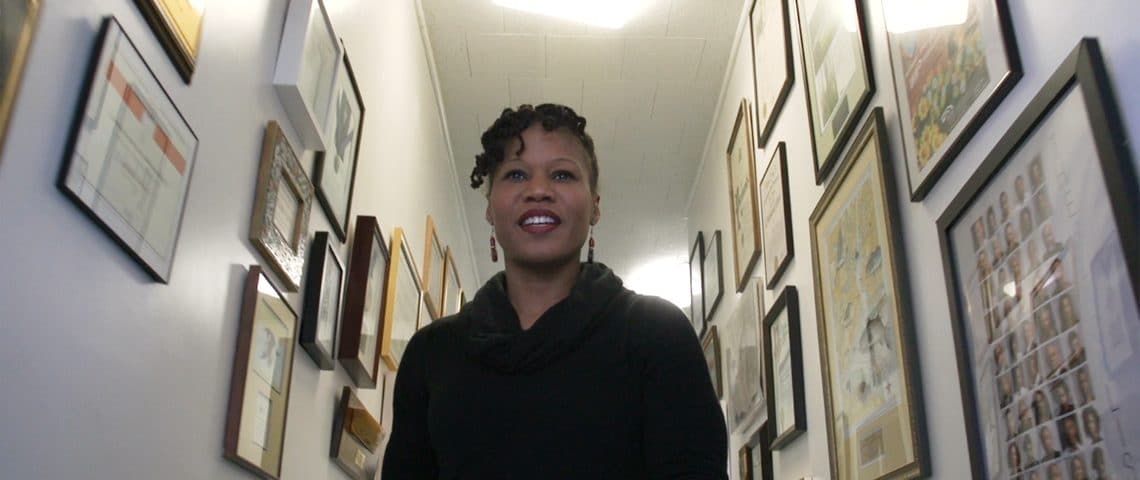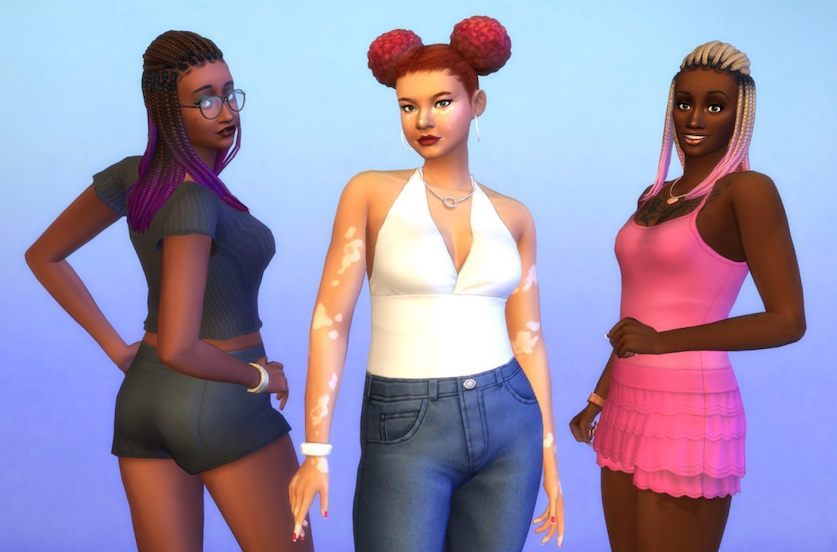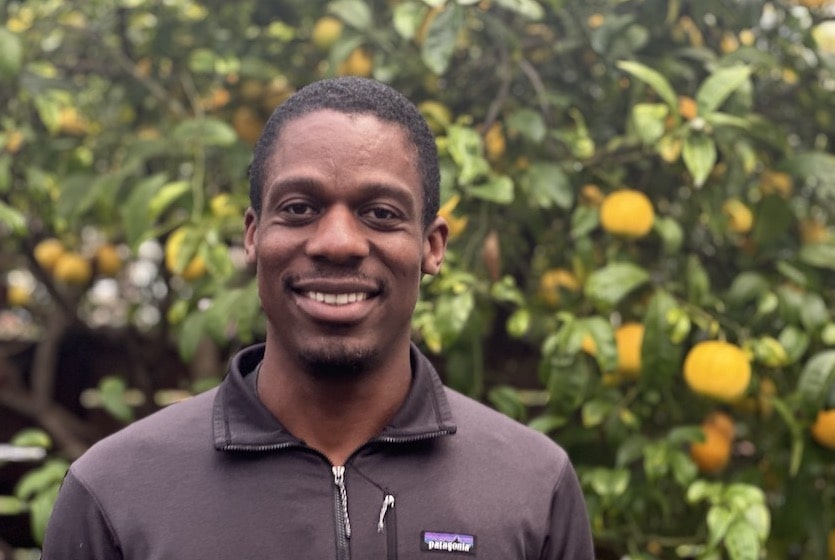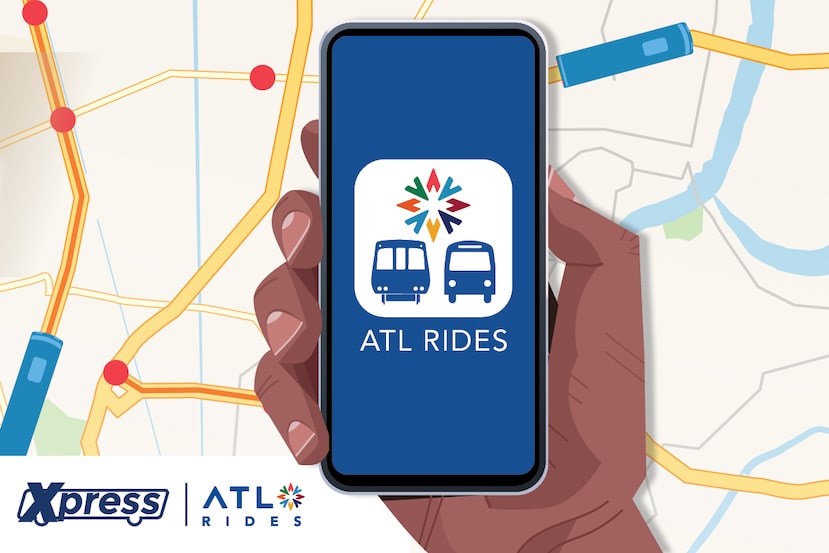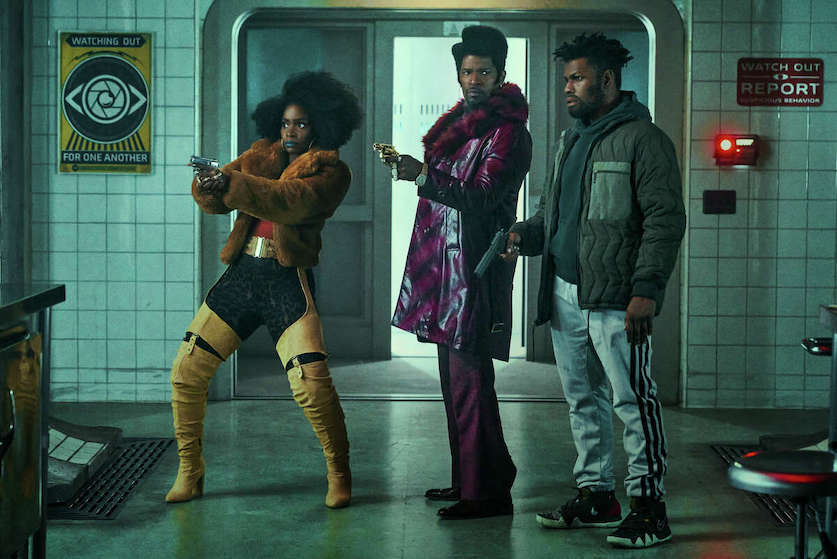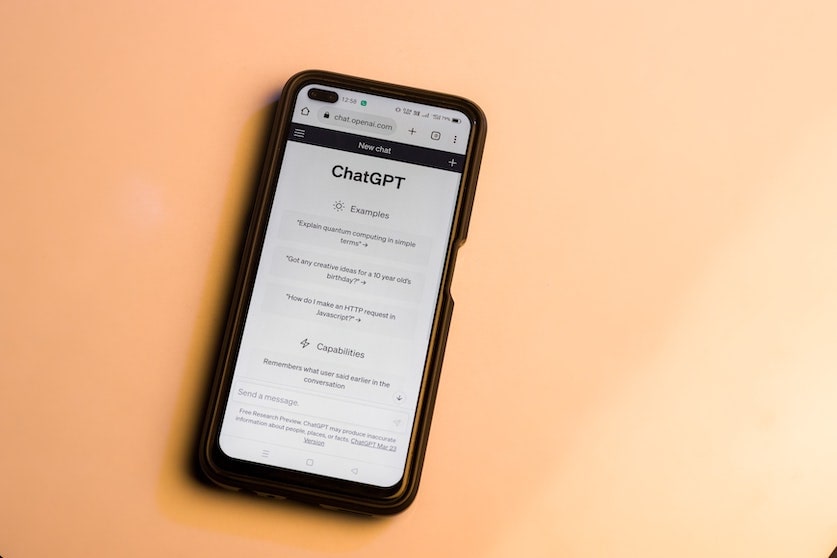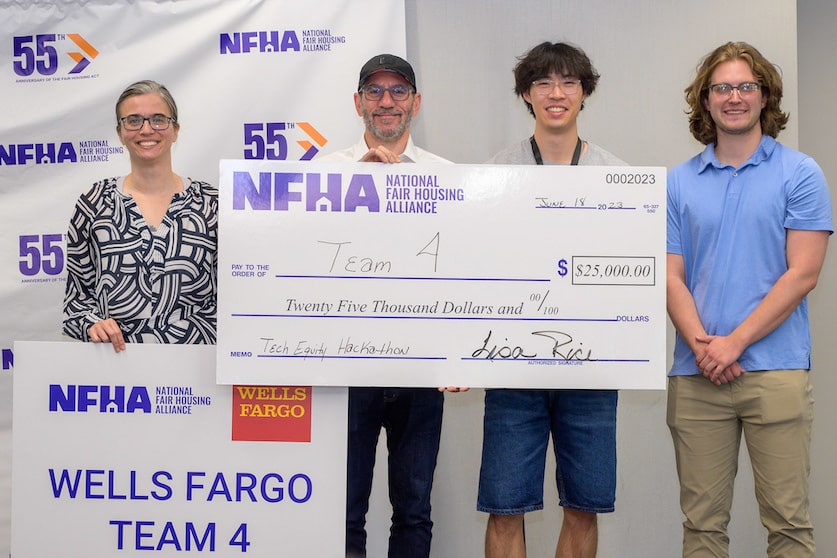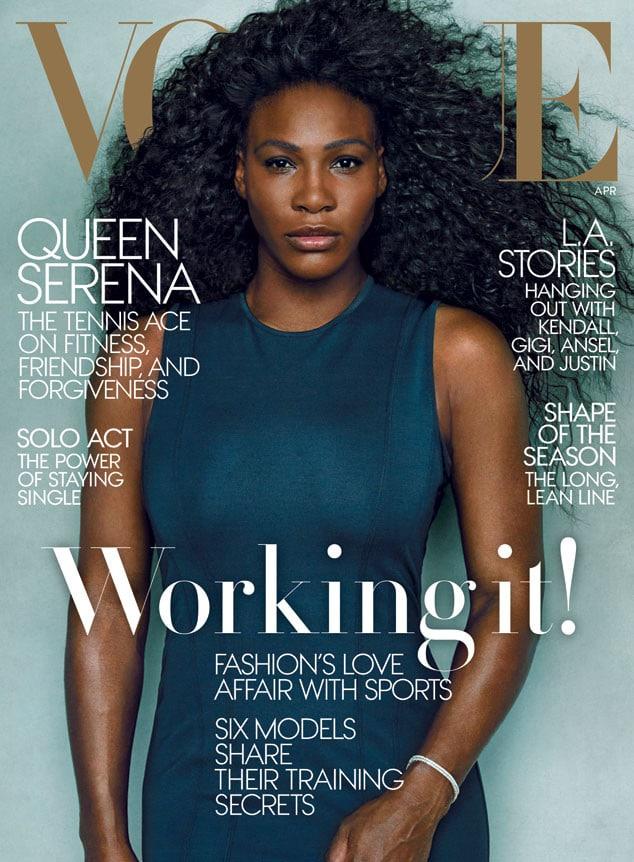
Serena Williams 1st black female athlete to land solo cover of Vogue
March 25, 2015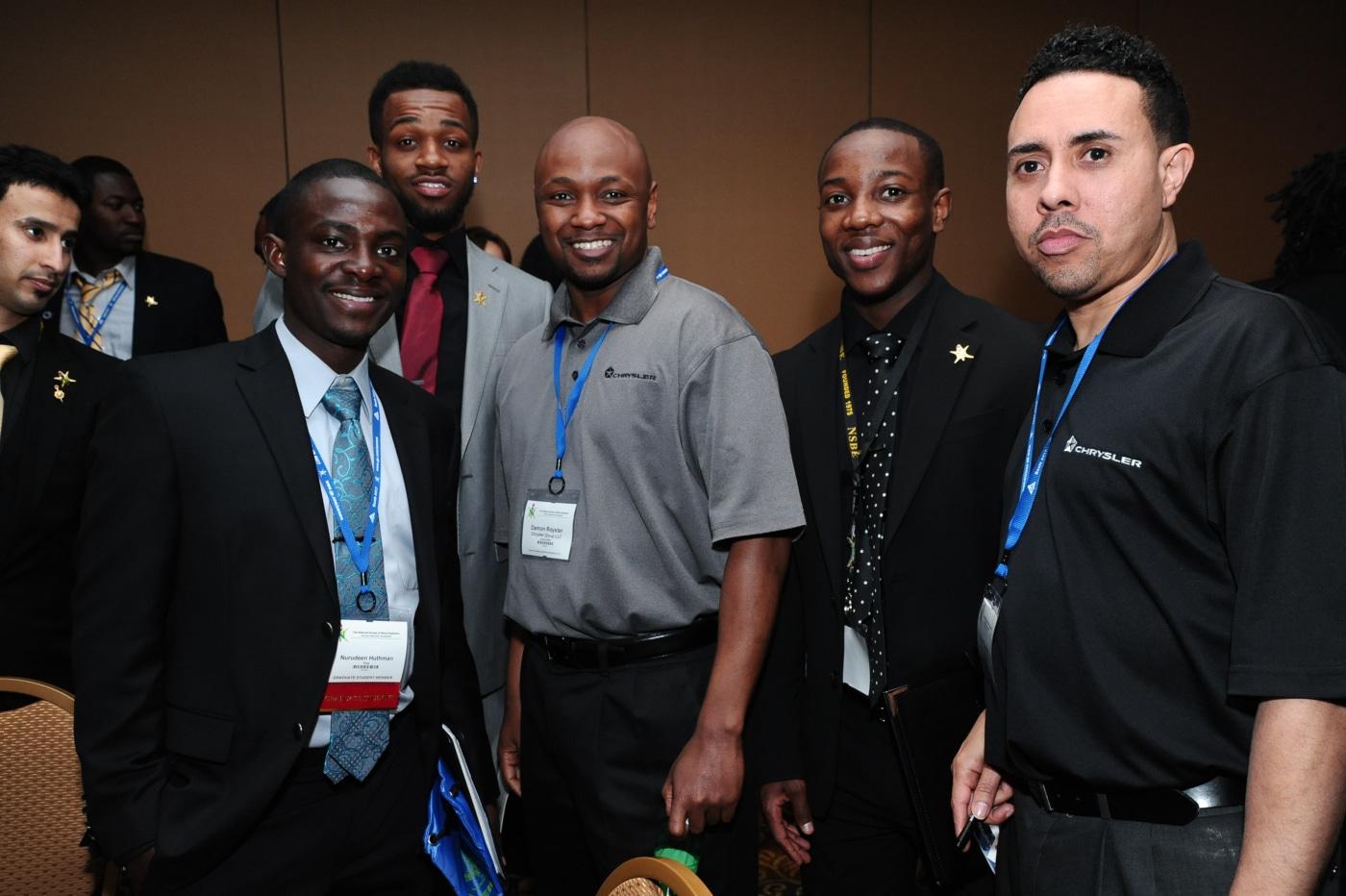
National Society of Black Engineers kicks off annual convention
March 27, 2015Majora Carter is an urban-revitalization strategist and a real-estate developer, but she also has a successful career in media, particularly in public radio. Well-known for her advocacy in the South Bronx of New York City, Carter also won a Peabody Award for her radio show, The Promised Land. Today, she is the founder and CEO of StartUp Box, which helps match youth interested in tech careers with jobs in Quality Assurance testing. Potential of Us spoke with Carter to learn about her vast career and what’s next on her plate.
Potential Of Us: You were one of the inaugural speakers for TED Talks. Can you tell us about that experience?
MC: I was one of the first six TED Talks released online. [Online video] was barely nascent at that time, but when [TED videos] hit the world digitally, suddenly here I was telling what I thought was a story about this community that I loved, that I knew would resonate with other communities around the country and around the world, but it didn’t occur to me that anybody would see it, not like that. It was really exciting to be a part of that. It absolutely changed my life, because folks started to see that work. It was incredibly inspiring to watch people want to copy [that model], to get advice. I got a chance to learn from other folks; people that I never would have heard of saw what I was doing and then we were able to exchange. It’s still one of the things that people know me by, as one of their first introductions to me. It’s very exciting.
POU: Can you talk us through your public radio experience with The Promised Land?
MC: Radio is one of the most wonderful things to do. I’m a big public radio junkie myself and have been working with some of the top folks in the field—they all won Peabody Awards, and I listened to their shows. But, [my team] was also an all-female team, which was so incredible. The team was willing to share with me the stories I wanted to tell, which were about people who were working to create a promised land, right here, right now. It was such a powerful, powerful experience to go spend time with people in their element, watching them do their work.
POU: You began as a green advocate and moved into the tech space. How does tech stay within your goals of building a sustainable South Bronx?
MC: I founded and led Sustainable South Bronx from 2001-2008 as a [research and development] lab for sustainable, economic and environmental solutions for the South Bronx and citywide. That was great, and I’m really excited that I did that. Then, I moved on to create my own consulting firm in 2008 and was working on doing that nationally, which was also fantastic.
But I was always trying to figure out, ‘what do we do next?’ And it became clear that poverty was the root of many of the issues that we deal with in our country, and that if we could creat[e] a more sustainable economic resource within local communities, that was what we needed to do. We are firmly in the digital age, and we have to prepare people in low-income communities to move strongly into the technology economy, not simply as consumers but also as producers of technology.
It’s a crowded space right now. There’s a huge ‘teach kids to code’ movement around the country. I think it’s great to teach kids to code. But, a whole bunch of folks—the over 18 [age group]—they were the folks that actually had an incredible amount of digital acumen—incredible—but almost no access into the world of technology. That’s when we realized, through basic market research, an accessible career path for folks [who] might be really high on the talent range in technology, but just didn’t have the access to get the training they needed to move them there. And that’s when we discovered quality assurance [QA], which is software testing.
So much of that work, nationally, is off-shored, but in the entertainment world of software, in particular games, having [QA] be time zones away was a problem for game developers. Whenever we talked to them, we sensed the dissatisfaction, and that’s when we said, ‘Maybe there’s something to this, if we can do quality-assurance testing for the games industry [in New York City].’ So we just flew the idea out there, did a few pilots with big companies and with small companies, offered them free trials just so that we could test the market, and it came back with incredible results. We launched StartUp Box in September 2014. We have literally on-shored work back to our [urban] communities, and we are creating access for people into the tech economy that they did not have before.
POU: How can the technology sector help advance communities like those in the South Bronx?
MC: What we learned doing the market research for what ultimately became StartUp Box was that there are certain elements to getting a product out there that can be on-shored. We just scratched the surface with quality assurance. We know that there are other things that we can contribute. We are now a part of the tech economy simply because we did the work to realize how we [could] add value. At first, the philanthropic world wasn’t paying that much attention to me, so I used my own money to make it happen. And I’m really glad that I did, because it gave us a bit of freedom so that we could figure it out. We had skin in the game, which is always a good thing to have.
POU: Do you actively mentor, and if yes, do you have any of those experiences you can tell us about?
MC: I feel incredibly grateful because I’ve had so many mentors over the course of my professional life. There have been folks [where] I didn’t even know I was being mentored, and I realized later on how much they had been giving me to grow and see myself as a powerful being, capable of actually doing stuff. For me, mentoring, whether it’s a formal relationship or even just a moment that I have with folks, I consider it an official part of my job description.
One [mentee] is Melissa, who works with me. Four years ago, she wrote a little note through the internship form on our website, not because she wanted to be an intern but [because] she just wanted to tell me how much my world had inspired her. She is also a woman of color from the South Bronx, and she had been in an abusive relationship. She watched my TED Talk and just wanted me to know it gave her the inspiration to move on in her life. Again, she wasn’t asking for anything, but I [thought], this is a woman who needed just a little bit of a push. My little [speech] on a video screen provided her an opportunity to [think], ‘I can do something. I don’t have to stay in this abusive relationship. I can move on to another job. I can take really good care of my daughter.’ So, I invited her out for coffee. Now, [she is] the COO of StartUp Box.
POU: You are certainly what we would call an entrepreneur. What are the skills or talents an entrepreneur needs to be successful?
MC: Being an entrepreneur is not for the faint of heart. It’s one of the scariest things to know that the buck will always stop with you. One of the most important things about being an entrepreneur is that you really have to be comfortable with being uncomfortable. You are constantly on full blast. Every decision is yours to either make work or fail miserably, and there is nobody else to blame. At the same time, I love it! It is so much fun trying to figure out what’s next.
POU: Is technology crucial in your daily work?
MC: We use a lot of technology all the time because so much of our work at StartUp Box is actually mobile-based. Here, almost everybody has [Internet] access through their mobile devices, but we’ve seen the benefit of actually having broadband as well. On our own, [we actually] put in a system so that we could supply about a thousand folks in our community with free, wireless access. The impact that it’s had on folks who were able to finish papers, look for work—all sorts of stuff—has been incredible. I’m part of a New York City broadband task force that’s trying to figure out how we can supply affordable, really excellent quality, high-speed Internet to folks all over the city. I do think that is the way to reduce the gap between people getting information that they need to improve their lives, so I’m really excited about that.
SOURCE: http://www.verizonwireless.com/ Potential Of US


